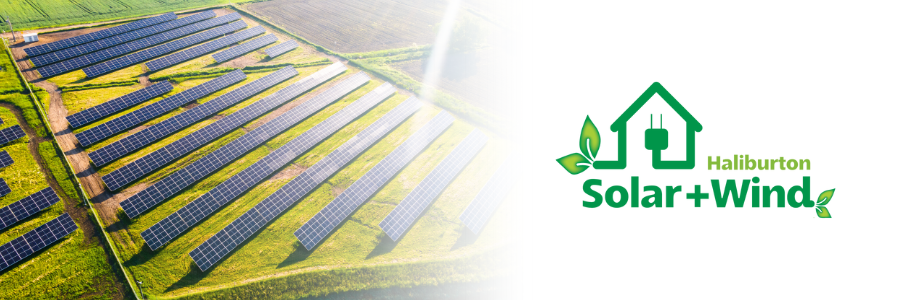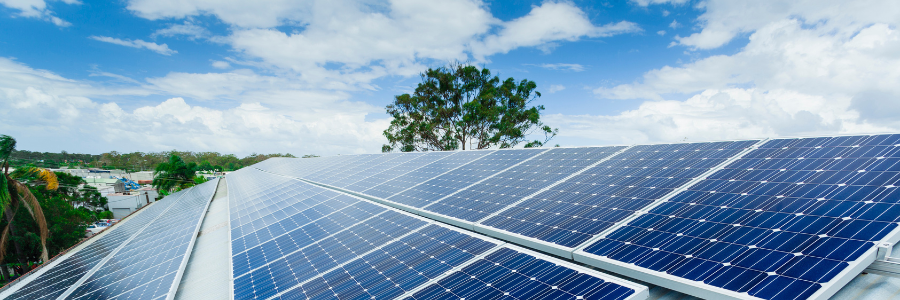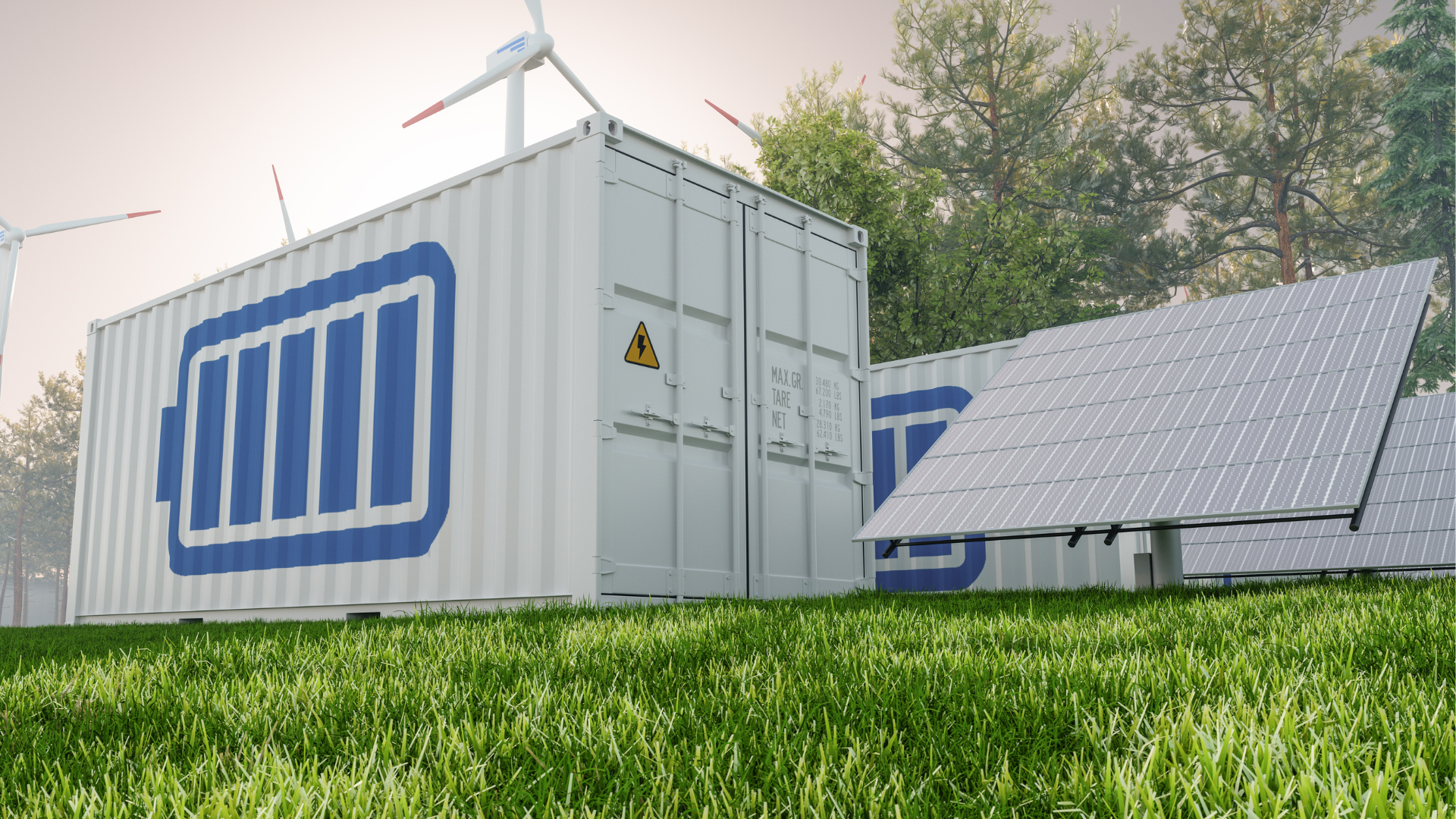The Future of Solar Power in Ontario: Trends & Predictions for 2025
Introduction
Ontario is entering a new era of renewable energy, with solar power playing a key role in meeting the province’s rising electricity demand. The government’s $10.9 billion investment in energy efficiency programs (Ontario Ministry of Energy) and advancements in solar technology and energy storage (NREL) are shaping a more sustainable and cost-effective energy future.
For homeowners, businesses, and off-grid communities in Ontario’s Northern Cottage Country, 2025 presents new opportunities to take control of energy usage, reduce electricity costs, and contribute to a greener environment. In this blog, we explore the latest trends in solar energy adoption, innovations, and government incentives that will define Ontario’s solar market in the coming year.
1. Ontario’s Growing Investment in Solar Power
Government Incentives & Support for Solar Energy
Ontario’s Home Renovation Savings Program, launching in January 2025, will provide rebates of up to 30% for homeowners investing in rooftop solar panels and battery storage systems (Ontario Ministry of Energy).
🔹 Key Takeaways:
- Rebates apply to solar panels, heat pumps, insulation, and battery storage.
- Expands eligibility to propane and oil-heated homes.
- Aims to reduce peak electricity demand by 3,000 MW by 2036 (Independent Electricity System Operator – IESO).
📌 Sources:
2. Advances in Solar Technology & Energy Storage
Breakthroughs in Solar Panel Efficiency
Ontario’s solar market is seeing rapid advancements in photovoltaic (PV) efficiency and battery storage solutions. Research from the National Renewable Energy Laboratory (NREL) highlights new high-efficiency solar panels that can achieve conversion rates of 26% or higher.
🔹 Key Innovations:
- Bifacial Solar Panels – Capture sunlight on both sides, increasing efficiency by 10-20%.
- Perovskite Solar Cells – Next-gen technology offering higher efficiency at lower costs.
- Integrated Battery Storage – Solutions like Tesla Powerwall & Enphase IQ Battery are helping homeowners maximize solar energy use.
📌 Sources:
- National Renewable Energy Laboratory (NREL)
- Canadian Solar
3. The Rise of Off-Grid Solar Systems in Cottage Country
Energy Independence for Remote Communities
With rural and Northern Ontario communities facing high electricity rates and grid limitations, off-grid solar solutions are becoming an attractive alternative. Haliburton Solar & Wind specializes in custom off-grid solar systems that provide energy independence for cottages, homes, and businesses.
🔹 Key Benefits of Off-Grid Solar in 2025:
- Eliminates reliance on the grid in remote locations.
- Increases energy resilience with battery storage backup.
- Long-term cost savings despite higher upfront investment.
📌 Sources:
4. Net Metering & Grid-Tied Solar Systems
Earning Credits for Excess Solar Energy
Ontario’s net metering program allows homeowners and businesses to sell excess solar power back to the grid, reducing overall energy costs. Hydro One and IESO have streamlined the application process for grid-tied solar connections.
🔹 Key Updates for 2025:
- Faster approvals for net metering applications.
- New incentives for commercial solar projects.
- Lower interconnection fees to encourage adoption.
📌 Sources:
- Hydro One – Net Metering
- IESO – Net Metering
5. Economic & Environmental Impact of Solar Power
Cost Savings & Market Growth
Solar adoption in Ontario is expected to grow by 25% in 2025, driven by falling installation costs and government incentives (Technavio Market Research).
🔹 Economic & Environmental Benefits:
- Lower electricity bills for homeowners and businesses.
- Reduction in carbon emissions, supporting Ontario’s climate goals.
- Job creation in the renewable energy sector.
📌 Sources:
- Technavio Solar Market Report
- Ontario Clean Air Alliance
Conclusion: The Future of Solar Power in Ontario
With historic government investments, cutting-edge solar technologies, and increased consumer adoption, 2025 is shaping up to be a breakthrough year for solar power in Ontario. Whether you’re a homeowner looking to cut energy costs, a business owner exploring net metering, or a cottager seeking off-grid energy independence, solar energy is becoming more accessible and cost-effective.
At
Haliburton Solar & Wind, we help customers navigate the latest
solar trends, incentives, and custom solutions.
FREQUENLY ASK QUESTIONS
What solar incentives are available in Ontario in 2025?
Ontario’s Home Renovation Savings Program offers rebates of up to 30% for rooftop solar panels, battery storage, and energy-efficient home upgrades.
How does net metering work in Ontario?
Net metering allows you to sell excess solar energy back to the grid, earning credits that lower your electricity bill.
What are the best solar panels for Ontario’s climate?
High-efficiency bifacial panels and perovskite solar cells are recommended for Ontario’s weather conditions.
Is off-grid solar a good investment in Northern Ontario?
Yes! Off-grid solar systems offer energy independence, lower long-term costs, and environmental benefits, making them ideal for cottage owners.
How can I get started with solar energy in Ontario?
Contact Haliburton Solar & Wind for a free consultation and site assessment to determine the best solar solution for your needs.
Conclusion
In wrapping up our discussion on solar panels, it's clear that while direct sunlight is ideal for maximum efficiency, solar panels are still functional in less-than-perfect conditions. Solar panels can still generate electricity on cloudy days or when positioned in indirect sunlight. This versatility makes them a viable option for a wide range of climates and locations.
- Direct sunlight boosts the efficiency of solar panels, but it's not a strict requirement.
- Solar panels can still perform well in cloudy or shaded environments, albeit at reduced efficiency.
- The angle and positioning of solar panels play a crucial role in optimizing their performance.
Choosing solar energy is not just about saving on electricity bills; it's about making a conscious choice for the environment. With advancements in technology, solar panels continue to become more adaptable and efficient, making them a smart investment for the future.
At First Choice Business Brokers Phoenix Northwest, we believe in the potential of solar energy to transform how we power our lives. Whether you're considering solar panels for your home or business, understanding their capabilities and limitations is key to making an informed decision. Remember, the sun is a powerful ally in the quest for sustainable energy, and harnessing its potential is within reach for many.
So, do solar panels need direct sunlight to work? Not really. They can still generate power even when it's cloudy or shady. But, of course, they do their best work when the sun is shining right on them. If you're thinking about going solar, it's good to know that while direct sunlight is ideal, it's not a dealbreaker if you don't have it all the time. Just make sure to consider your local weather and surroundings when setting up your system. With the right setup, you can still enjoy the benefits of solar energy, even on those less-than-sunny days.












